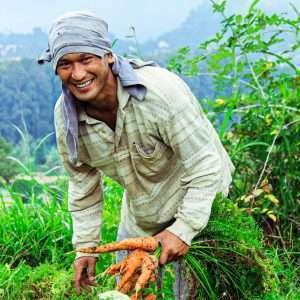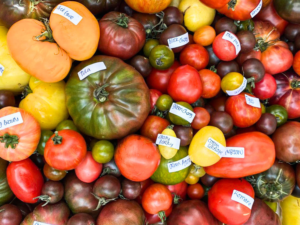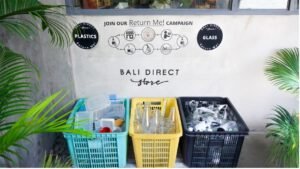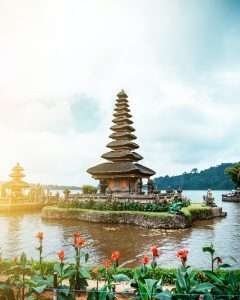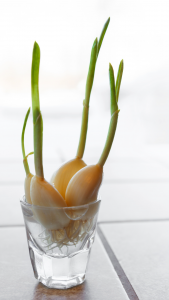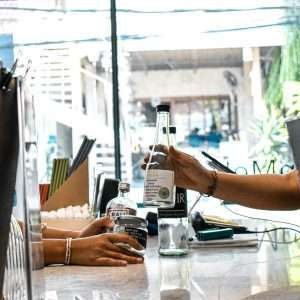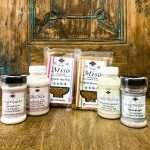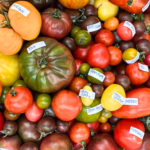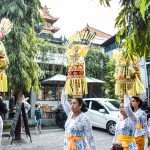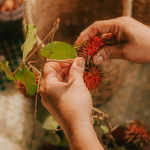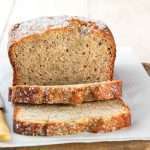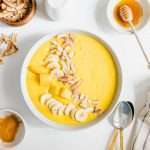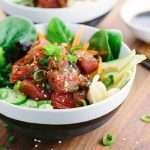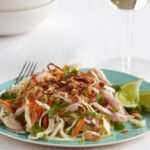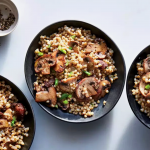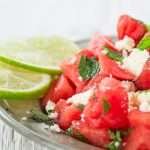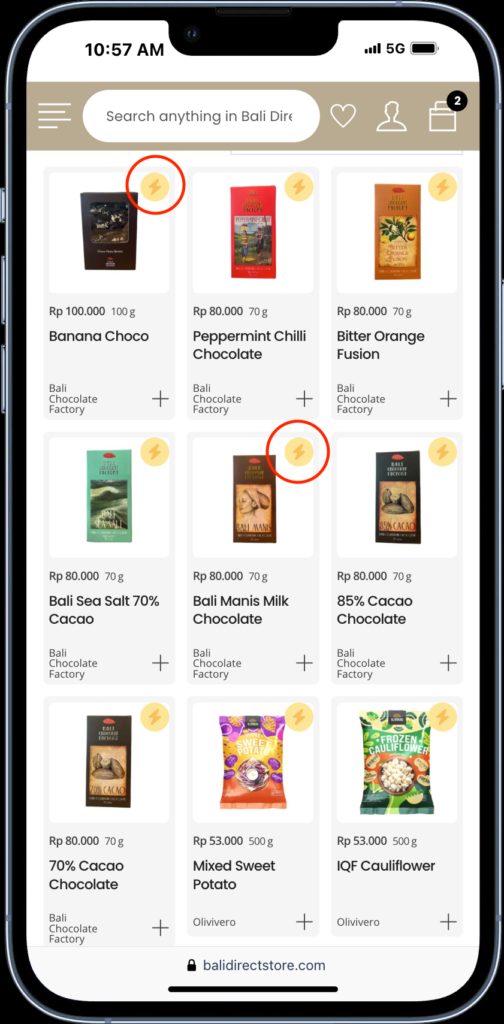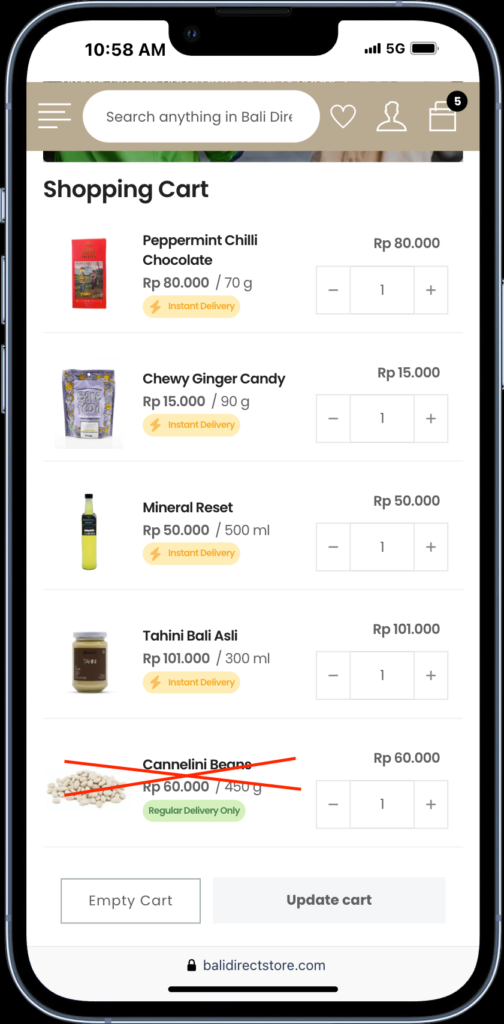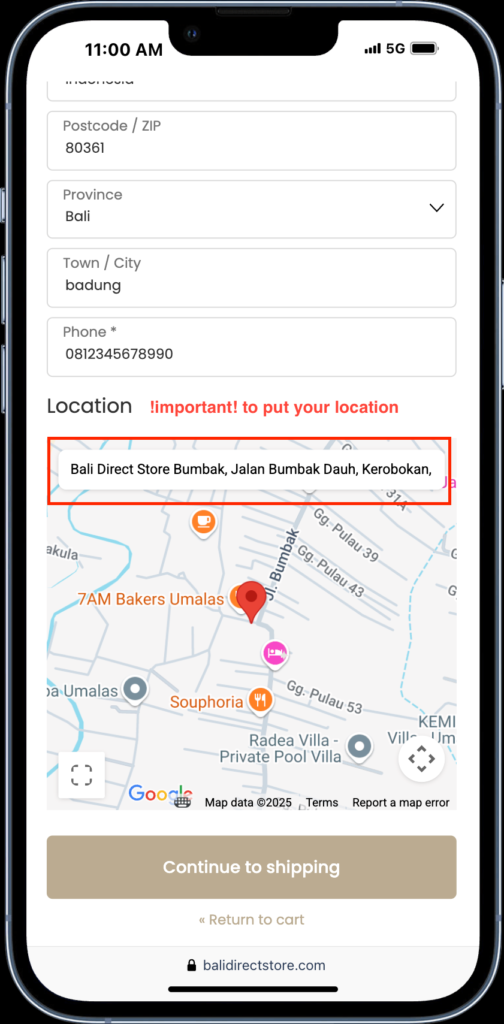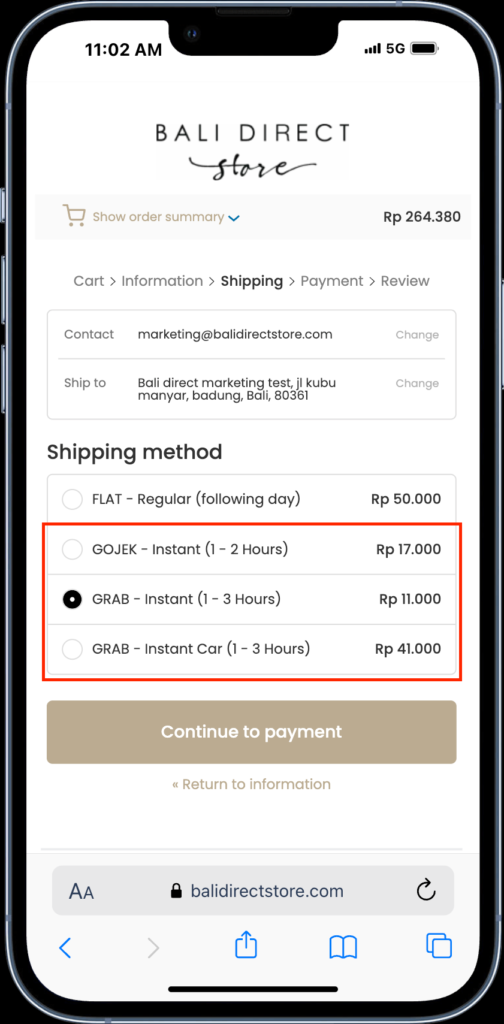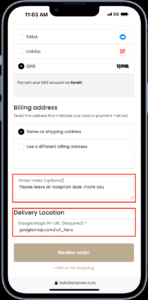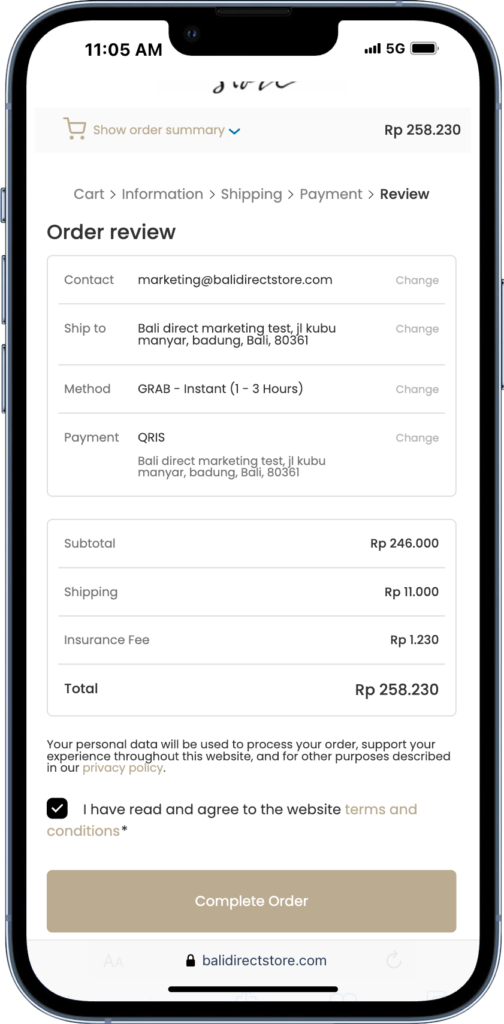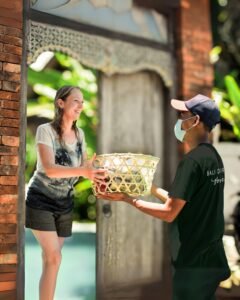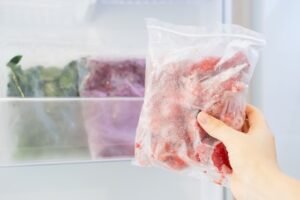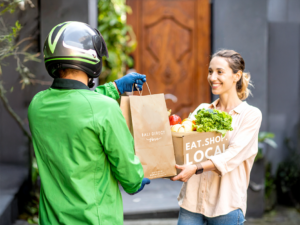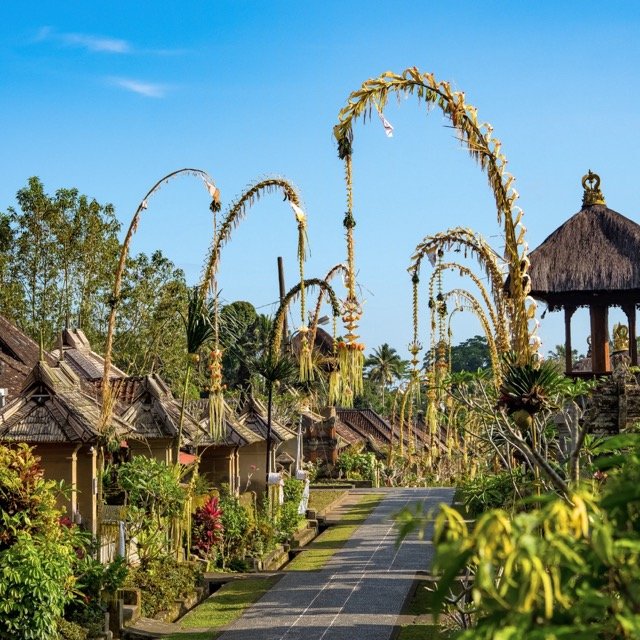We keep our contributions to waste management simple, measurable and realistic. Working with like-minded partners – from producers to logistic providers – we share responsibilities, streamline operations and co-create solutions to reduce plastic waste and resource use. Collective action is key to making sustainability scalable and lasting in Bali’s unique context.
Rooted in Local Food Systems
The key to reducing waste is sourcing local. Currently 89% of the products we sell come from Bali, 6% from other parts of Indonesia, and just 5% are imported. This isn’t just a supply chain decision — it’s a commitment to keeping value in the local economy, building relationships with producers, and minimising our transport footprint.
It also substantially reduces packaging! Take a Malang apple or a Kintamani Orange arriving unpacked in a carton box – and compare it to the individually plastic wrapped imported Fuji apple or Sunkist orange! Local is the way to go!
Glass Over Plastic — and Reused Again and Again
Over 95% of the liquids we sell now come in glass bottles. We’ve worked with many of our suppliers to help make the shift from plastic to glass. But glass only makes sense if it’s reused, not thrown away. We’ve built a return system that allows us to collect and reuse, or return, around 6,000 bottles every month — keeping them out of landfills and in circulation.
Plastic-Free Produce Delivery
All of our fruits and vegetables are delivered wrapped in banana leaves, not plastic. It’s a local, compostable, and low-impact material that does the job well, and avoids single-use waste.
We have a few challenges: hydroponic leaves and micro-greens spoil easily and we have tried unsuccessfully to package them in banana leaves and cardboard. The only way to keep them crisp is in plastic packaging. However our two micro-green providers, Bali Grown and Krop Nation, have committed to take back and re-use the boxes.
Compost, Cardboard and Office Waste
Our goal is to keep operations as close to zero-waste as possible. Organic waste averages just 3%, and it’s all sent to Urban Compost and Jiwa Community Gardens, where it’s turned into soil-enriching compost.
Watch how we turn organic waste into compost with Jiwa Community Garden (click this link)
Other materials are handled simply and locally:
- Coconut husks are fully recycled
- Cardboard boxes are passed on to a pemulung (waste picker) for resale
- Warehouse waste is handled in partnership with Joseph Recycling
Doing better all the time
We are committed to doing better where we can — staying local, rethinking materials, and reducing our footprint step by step.

Ready to shop low-waste and local?
Shop Now or Learn More About Our Impact! Click to shop.







